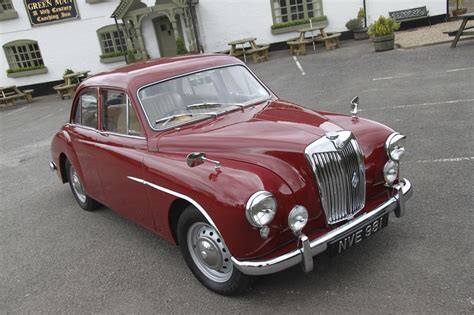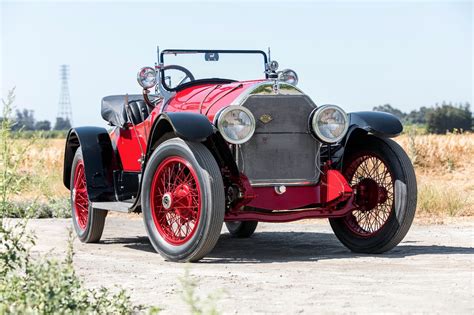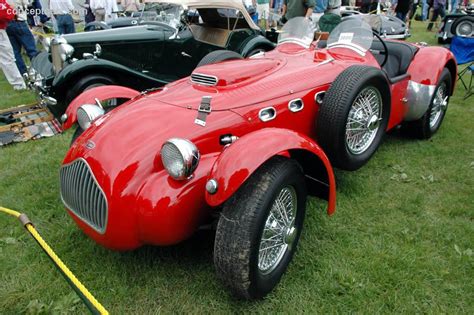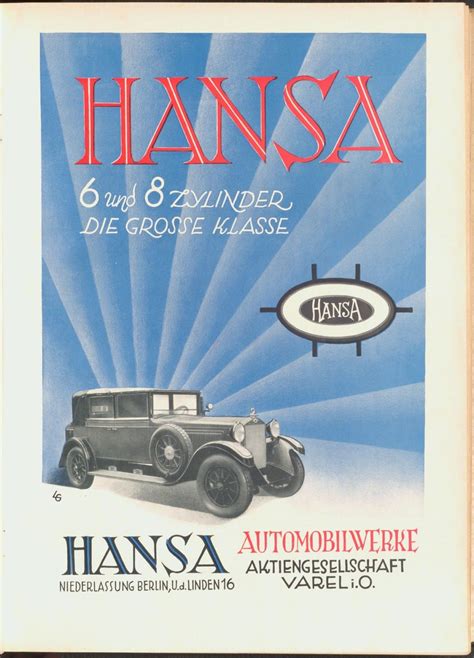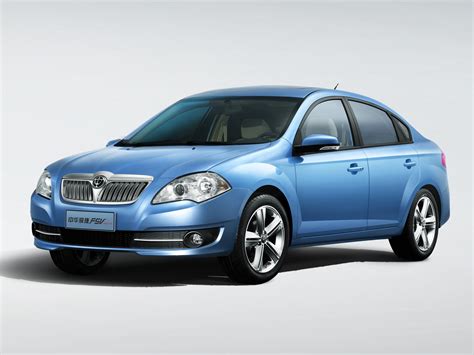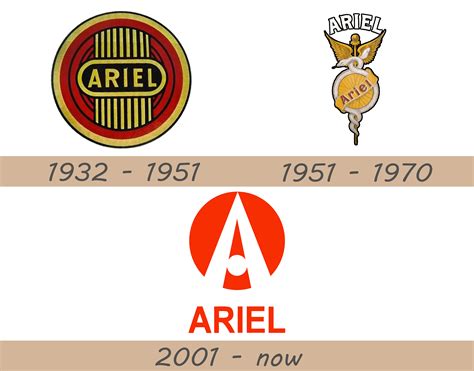Explore MG’s impact on the automotive industry, racing legacy, and influence on modern sports cars. Learn about MG’s evolution and beginnings.
The Beginnings of MG
Contents
MG is a British automotive marque that has a rich history dating back to the early 1920s. The company was originally founded by Cecil Kimber, who had a passion for creating distinctive and sporty cars. Kimber started out as a sales manager for Morris Garages, but soon recognized the potential in producing customized versions of Morris vehicles. This vision led to the creation of the first MG branded car, the 14/28 Super Sports model, in 1924.
With the launch of the 14/28 Super Sports, MG established itself as a manufacturer of high-performance and stylish vehicles. The car quickly gained popularity among motoring enthusiasts, setting the stage for MG‘s future success in the automotive industry. The combination of sleek design and exceptional engineering made MG cars stand out from the competition, garnering a loyal following of drivers who appreciated the brand’s commitment to quality and performance.
As MG continued to grow, the company introduced several iconic models that became synonymous with British motoring culture. The success of these vehicles solidified MG‘s position as a leading sports car manufacturer, with the brand becoming a staple in the automotive world. MG‘s early years were marked by innovation and a dedication to delivering exciting driving experiences, laying the foundation for the company’s enduring legacy in the industry.
The MG brand has come a long way since its humble beginnings, evolving into a symbol of British motoring heritage and excellence. The pioneering spirit of its founder, Cecil Kimber, continues to inspire car enthusiasts around the world, ensuring that the legacy of MG lives on for generations to come.
MG’s Impact on the Automotive Industry
The impact of MG on the automotive industry is significant and far-reaching. Since its founding in the early 1920s, MG has played a crucial role in shaping the automobile landscape. The company has been a pioneer in the production of sports cars, introducing innovative design concepts and engineering advancements that have influenced the entire industry.
Throughout its history, MG has set the standard for performance and style, inspiring other car manufacturers to push the boundaries of what is possible. The company’s commitment to quality and excellence has earned it a reputation as a leader in the automotive world.
One of the most enduring legacies of MG is its emphasis on the driving experience. The company’s focus on creating cars that are not only practical and efficient, but also thrilling to drive, has had a lasting impact on the industry. MG’s dedication to producing vehicles that are fun and engaging has set a standard that other carmakers strive to meet.
Furthermore, MG’s influence extends beyond the realm of consumer automobiles. The company has a rich history in motorsports, with a strong legacy of victories in racing competitions. This has helped to cement MG’s reputation as a brand that is synonymous with performance and speed.
Evolution of MG Car Models
MG car models have undergone significant evolution over the years, from their early production in the 1920s to the present day. The first MG car model, the 14/28 Super Sports, was introduced in 1924 and became an instant success due to its exceptional performance and stylish design. As the years went by, MG car models continued to evolve, incorporating new technologies and design elements to meet the changing demands of consumers.
During the 1950s and 1960s, MG car models gained popularity in the sports car market, with iconic models such as the MGA and MGB capturing the hearts of car enthusiasts around the world. These models were known for their sleek, aerodynamic designs and powerful engines, setting a new standard for sports cars in their time.
In the 1970s and 1980s, MG car models underwent a period of transition, embracing new safety and fuel efficiency standards while still maintaining their sporty and performance-oriented appeal. The introduction of the MG Metro and MG Maestro marked a new era for the company, catering to a wider audience with their compact size and modern features.
Fast forward to the present day, MG car models continue to evolve, with the introduction of hybrid and electric-powered vehicles that combine sustainability with high performance. The latest models, such as the MG ZS EV and MG HS Plug-in Hybrid, showcase the brand’s commitment to innovation and adaptation to the changing automotive landscape. Despite these advancements, MG car models still embody the timeless qualities of style, performance, and driving pleasure that have defined the brand since its inception.
MG’s Racing Legacy
The Racing Legacy of MG is a story of speed, innovation, and endurance. From the very beginning, MG cars were known for their performance on the racetrack, and their success in motorsport played a significant role in shaping the brand’s identity.
One of the most important chapters in MG’s racing history is its participation in the Mille Miglia, an iconic long-distance race held in Italy. In the 1930s, MG cars achieved impressive results in this grueling competition, showcasing their speed and reliability. This success not only put MG on the map as a serious contender in the racing world but also helped to establish the company’s reputation for producing high-performance vehicles.
MG’s racing legacy continued to flourish in the post-war era, with the brand’s cars dominating various racing events, including the famous 24 Hours of Le Mans. The MG team’s achievements in endurance racing further cemented the company’s status as a formidable force in motorsport.
Furthermore, MG’s success on the racetrack was not only a testament to the engineering prowess of the brand’s vehicles but also contributed to the development of automotive technology. The innovations and advancements made by MG in the pursuit of racing glory have left a lasting impact on the industry as a whole, influencing the design and performance of modern sports cars.
In conclusion, MG’s racing legacy is a testament to the brand’s commitment to pushing the boundaries of automotive excellence and its enduring impact on the world of motorsport.
MG’s Influence on Modern Sports Cars
MG, a renowned British automotive manufacturer, has had a lasting influence on modern sports cars. The brand’s history of producing nimble, agile, and performance-focused vehicles has left a significant mark on the sports car segment of the automotive industry.
One of the key ways in which MG has impacted modern sports cars is through its innovative engineering and design philosophy. The company’s early focus on creating lightweight, compact vehicles with powerful engines and responsive handling has influenced the development of sports cars in the contemporary market.
Furthermore, MG’s racing legacy has played a crucial role in shaping the performance and capabilities of modern sports cars. The brand’s success in motorsport, particularly in events such as the 24 Hours of Le Mans, has set a high standard for sports car performance and has inspired future generations of automotive engineers and designers.
In addition to its racing heritage, MG’s influence on modern sports cars can also be seen in the evolution of car models. The company’s iconic sports cars, such as the MGB and Midget, have left a lasting impact on the design and performance characteristics of contemporary sports car models.
Overall, MG’s rich history and commitment to producing high-performance vehicles have greatly influenced the development and evolution of modern sports cars. The brand’s engineering innovations, racing successes, and iconic car models continue to inspire and shape the automotive industry’s sports car segment.

